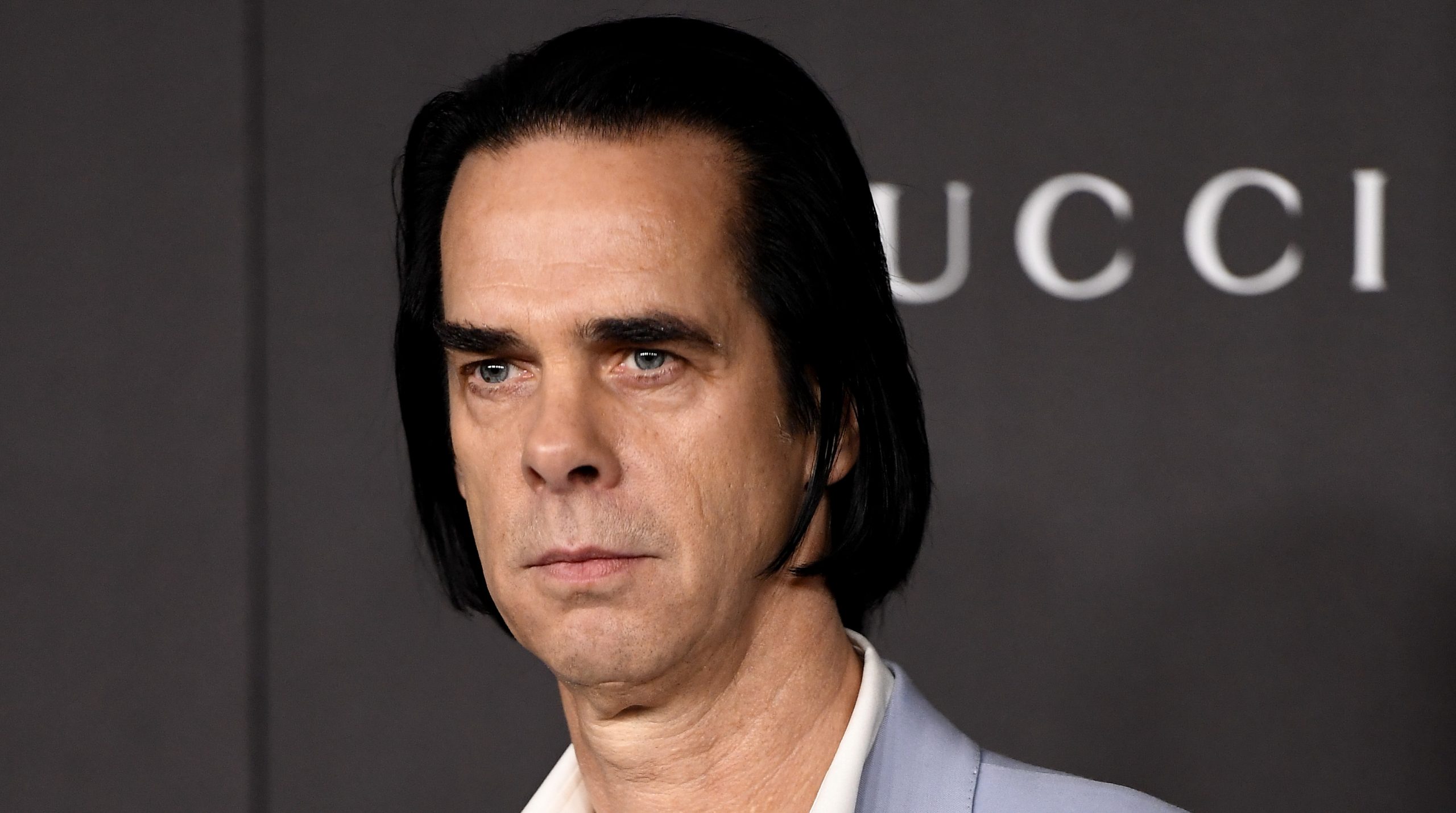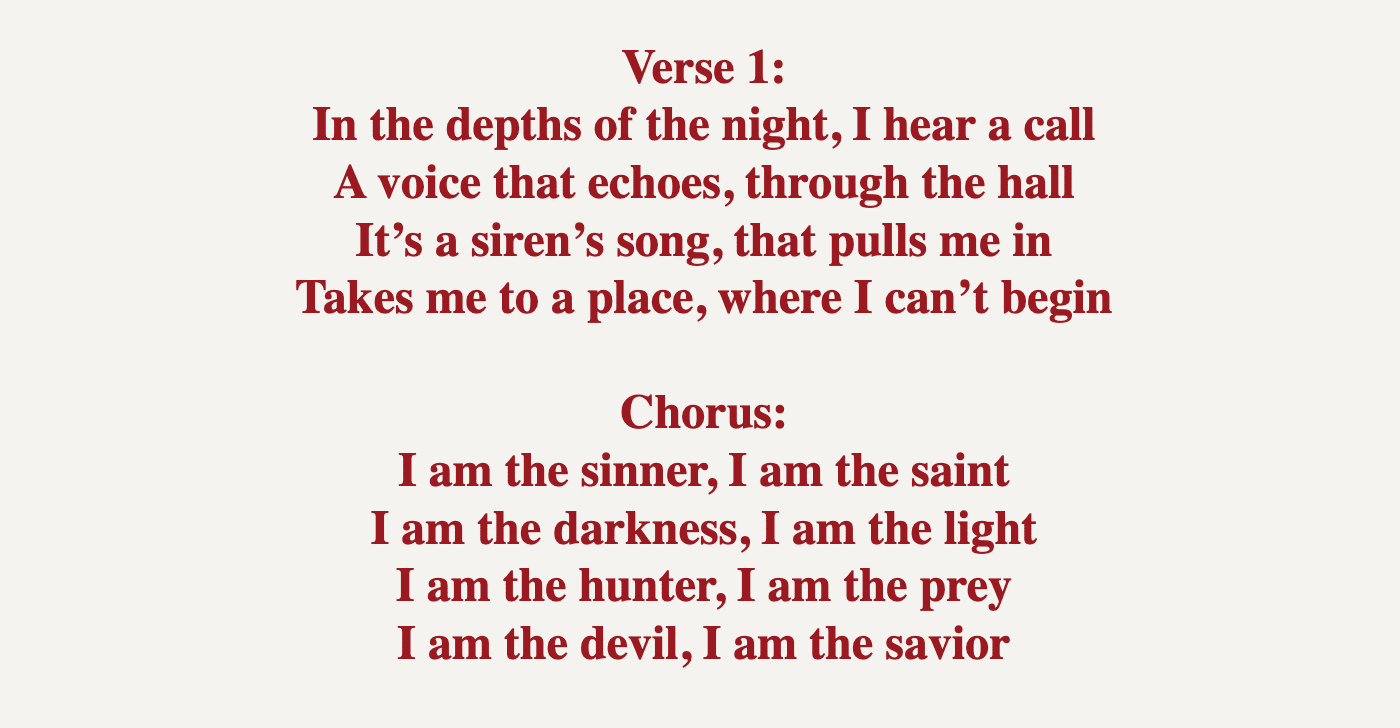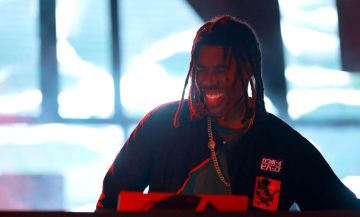
In a letter on his blog site, The Red Hand Files, the singer explains how he’s received numerous songs and lyrics created by the computer program that are written in ‘the style of Nick Cave’ – from people typically “buzzing with a kind of algorithmic awe”.
“I do not feel the same enthusiasm around this technology,” he bemoans, beneath an example of one such song in his style, which he asked ChatGPT himself to write.
ChatGPT was first launched in November last year, and quickly attracted large amounts of attention for its ability to respond to questions and give feedback on both its own terms and in the style of other people and institutions. (whynow staff writers were no exception, as we contemplated whether such technology, still relatively new, would eventually put us out of a job).

Cave, however, elegantly outlines the dystopian nature of such a program, set up by OpenAI and which operates using GPT-3, essentially allowing it to ‘teach’ itself with every result it produces. OpenAI was recently reported to have a valuation of $29 billion (£23.6 billion).
“It can never be rolled back, or slowed down, as it moves us toward a utopian future, maybe, or our total destruction. Who can possibly say which?,” the singer questions.
“Judging by this song ‘in the style of Nick Cave’ though,” he adds, “it doesn’t look good… The apocalypse is well on its way. This song sucks.”
In a rather beautiful exposition on what such an AI chatbot is not able to do, a true form of art and creation it won’t (hopefully ever) be able to devise, he adds: “Songs arise out of suffering, by which I mean they are predicated upon the complex, internal human struggle of creation and, well, as far as I know, algorithms don’t feel.

Opening verse and chorus for the song Nick Cave asked ChatGPT to write in ‘the style of’ the singer himself.
“Data doesn’t suffer. ChatGPT has no inner being, it has been nowhere, it has endured nothing, it has not had the audacity to reach beyond its limitations, and hence it doesn’t have the capacity for a shared transcendent experience, as it has no limitations from which to transcend. ChatGPT’s melancholy role is that it is destined to imitate and can never have an authentic human experience, no matter how devalued and inconsequential the human experience may in time become.
“What makes a great song great is not its close resemblance to a recognizable work. Writing a good song is not mimicry, or replication, or pastiche, it is the opposite. It is an act of self-murder that destroys all one has strived to produce in the past.
“It is those dangerous, heart-stopping departures that catapult the artist beyond the limits of what he or she recognises as their known self.
“This is what we humble humans can offer, that AI can only mimic, the transcendent journey of the artist that forever grapples with his or her own shortcomings. This is where human genius resides, deeply embedded within, yet reaching beyond, those limitations.”

Not all of Cave’s words have been outlined, as I don’t want to pinch too much of it. Instead, I thoroughly recommend you reading the piece in full here, written in a kind of poetic, Huxley-esque manner.
Fittingly, his words – including his critique of the “bullshit” ChatGPT song example – alone show the limits of what AI can do, with a wit and elegance only attributable to a human. At least at this stage.
For the record, none of this article was written by ChatGPT. I did, however, reach out to the chatbot for comment, but it said it was at full capacity right now, such is its present popularity.




